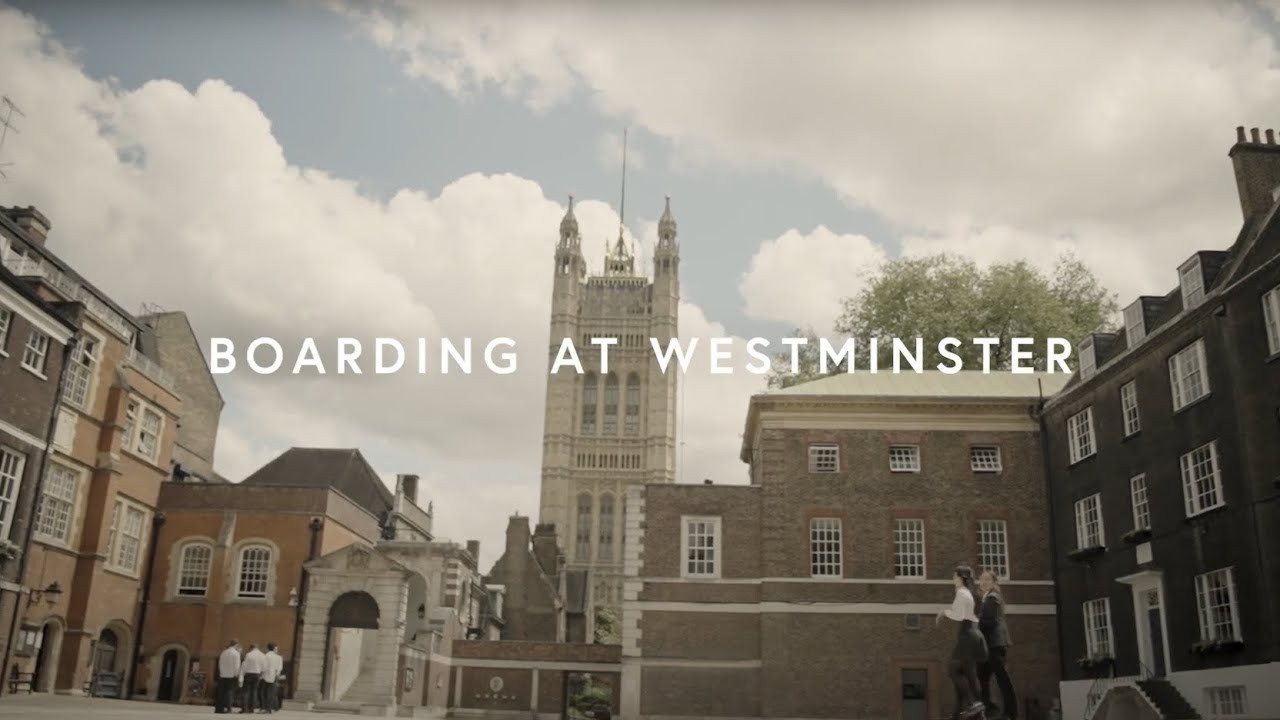Boarding
Westminster has a lively and supportive boarding community. With approximately 180 pupils registering to board each year, boarding life is an integral part of Westminster’s identity and is rooted in the history of the School.
Every Westminster pupil belongs to one of the School’s houses, which are each named after people historically connected to the School. There are 11 houses in total, six of which have boarders as well as day pupils and all of which have a mix of boys and girls. Purcell’s is a girls-only boarding house; College, Grant’s, Rigaud’s, Busby’s and Liddell’s are mixed boarding houses. All year groups are represented in each house. There is a strong sense of community between the houses as well as within each house, as all the boarding buildings – with the exception of Purcell’s – are situated around Little Dean’s Yard. Read more about the houses.
Boarding at Westminster has many benefits. It allows pupils to take full advantage of the School’s extensive evening programme of concerts, plays, sport and lectures, and also gives boarders the opportunity to take part in many external academic and cultural pursuits in the evenings and at weekends. The School’s location right in the centre of London offers pupils access to an unmatched choice of restaurants, shops, cinemas, galleries, theatres and so much more. All this variety right on our doorstep means boarders can make the most of their independence, and pursue and develop their own interests.
Without the need to factor in travel to and from School, boarding can offer up more time to fit in studying and extra-curricular hobbies, or indeed some much needed downtime. Boarding also allows pupils to spend more leisure time with their friends in the various social spaces, as well as getting to know boys and girls from outside their classes and year groups.
Who can board?
In the Lower School (Years 9 to 11), pupils who are resident in the UK can board during term time. Lower School boarders return home on a weekend, either on a Friday evening or after Saturday school, depending on the week.
In the Upper School (Years 12 and 13), anyone can board during term time, and some boarders choose to remain in School over the weekend and board on a full-time basis. The School welcomes international boarders in the Upper School.

